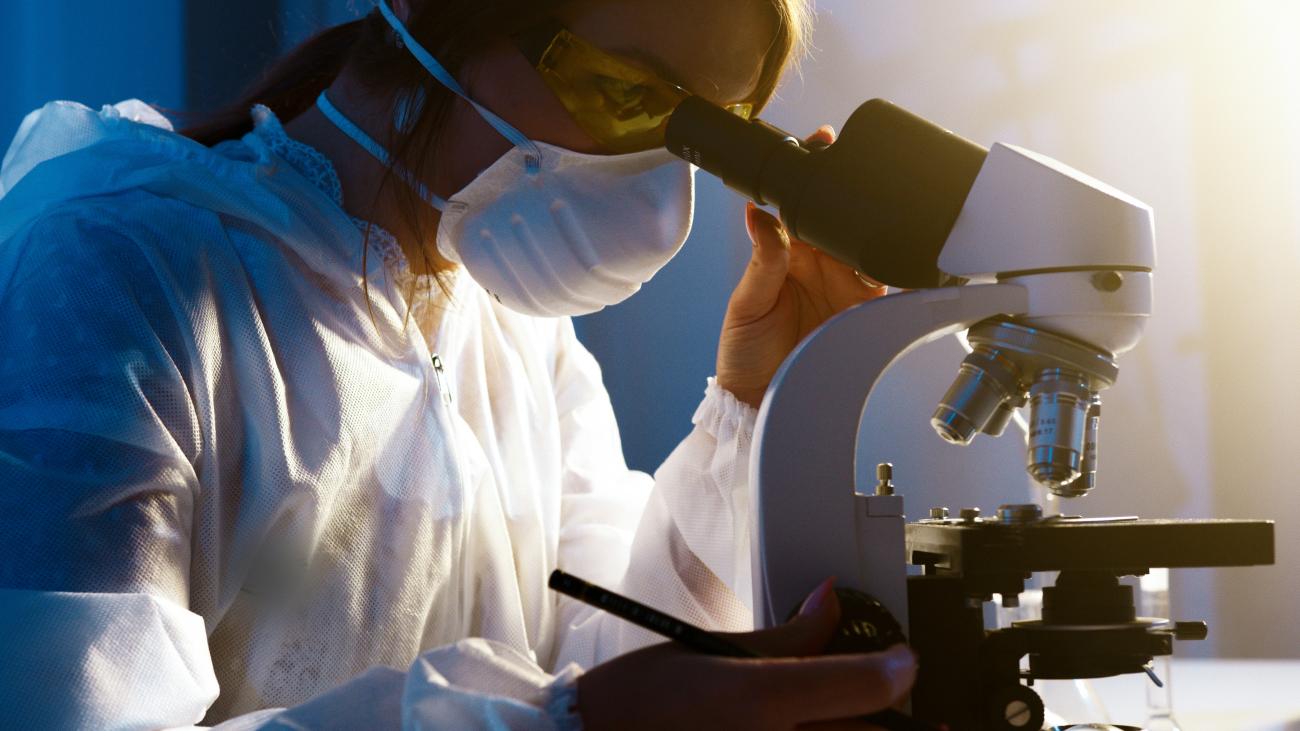Database providing access to the High Technology Network's industrial research offering: research competences, type of analyses and tests available at the Laboratories. Companies can consult the Catalogue to find Laboratories and researchers that match their needs.
Competence
Analysis of standards and regulations: laws and guidelines for protected, biological raw material, and processing
Assessment of the chemical stability and maintenance of the physico-mechanical properties of the scaffolds
Biologic evaluation of scaffoldswith 3D cultures in dynamic regime in bioreactor
Characterization of products of microbial origin: biomass, metabolites, natural antibiotics. Conversion and transformation processes of food an by-products
Chemico-physical-morphological-ultrastructural and thermo-mechanical characterization of the scaffolds
Clinical trials for scaffold validation
Combined stabilization strategies to enhance shelf-life and food safety
Deposition of thin films and coatings
Design and development of nanofibrous scaffolds mimicking the extracellular matrix
Design and development of scaffolds for organ regeneration
Design and development of scaffolds for regeneration of hard tissues and ligaments
Design and development of scaffolds for soft tissue regeneration
Design of new molecular markers for traceability of specific varietal components
Design of protocols for clinical evaluation
Design of protocols for pre-clinical evaluation (in vitro and in vivo)
Development of sinterable polymeric particles
Effects of packaging on the evolution of food microbial population
Evaluation of molecular transformations during food processing
Food traceability by evaluation of functional components
Food traceability by genetic analysis
Food traceability by spectroscopic techniques, NMR, proteomic and peptidomic methods for the identification of ingredients or contaminants
Genetic methods for varietal identification
In vitro mechanical characterization of scaffolds
In vitro mechanical characterization of scaffolds
Innovative strategies for microbial control: the use of natural antimicrobials and thermal treatments
Interaction between food microorganisms and gut microbiota
Marker identification for the instrumental detection of desired or undesired microflora: set up of markers or indicators
Methods for the specific and varietal identification based on single components within blends
Microbial analysis, challenge tests, instrumental analyses
Microbial response to environmental stress: optimization of microbial performance
Microbial strain selection for food production: enzymatic, physiological, and genetic characterization
Microbial strain selection: technological characterization
Microbiological activity in food: risk analysis
Modulation of microbial growth and shelf-life evaluation as a function of formulation and storage condition
Molecular analyses for the identification of pathogens and spoilage microorganisms and the evaluation of their impact on final product,
Molecular characterization of DNA, protein, peptides and metabolites
Optimization of traditional stabilizing treatment to improve food quality
Otpimization of fermentation conditions: traceability and authenticity of typical or brand fermented food products
Predictive microbiology for shelf-life prevision, for food safety and for innovative products.
Procedures and optimization of microbiological processes in fermented food and feed

